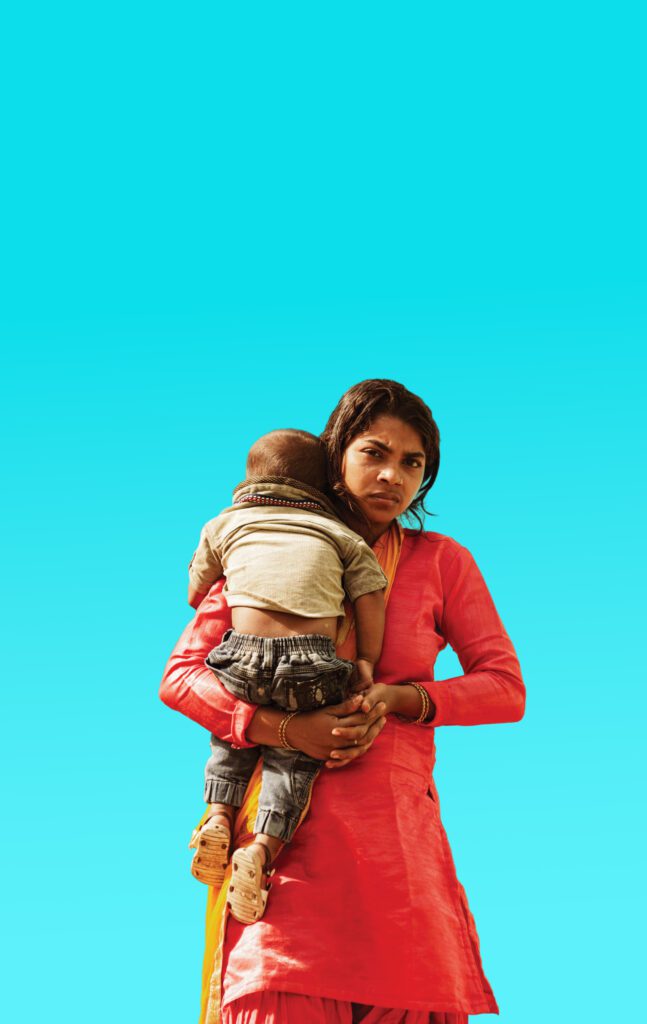
The annual Kids Count report just released by the Annie E Casey Foundation shows that the child poverty rate in the U.S. has grown by 18% between 2000 and 2009, with 15 million of our children now living in poverty. More than twice that number live in homes where no parent has a full-time job. Poverty rose in 38 of our 50 states over the last decade.
Given the unemployment and economic crisis, these statistics are not surprising. But what does shock is the lack of response to so many kids in jeopardy.
When our banks are in trouble, Congress and the White House act. It’s the same when its auto companies or insurance firms. During the debt ceiling crisis there was enormous concern over whether the markets would suffer. But when it comes to children who are the most vulnerable and most voiceless, a report like this is greeted by sounds of silence. Where are the White House summits with the Speaker of the House? Where is the legislation that could help children?
This type of poverty is not just an economic issue. It’s a political issue as well. These children don’t belong to organizations, make campaign contributions, or have lobbyists. The result: their needs are not heard – and don’t make it onto the national agenda.
We can’t expect others to lead for us when it comes to changing the political climate. What are you doing to press policymakers for a response? At Share Our Strength we are working with governors across the country to ensure that they at least do everything possible to enroll more children in vital food and nutrition programs like school breakfast and summer meals. That is necessary but not sufficient. Is your nonprofit urging policymakers to do something about child poverty? If not, no matter how much good you are doing, it may not be good enough.


